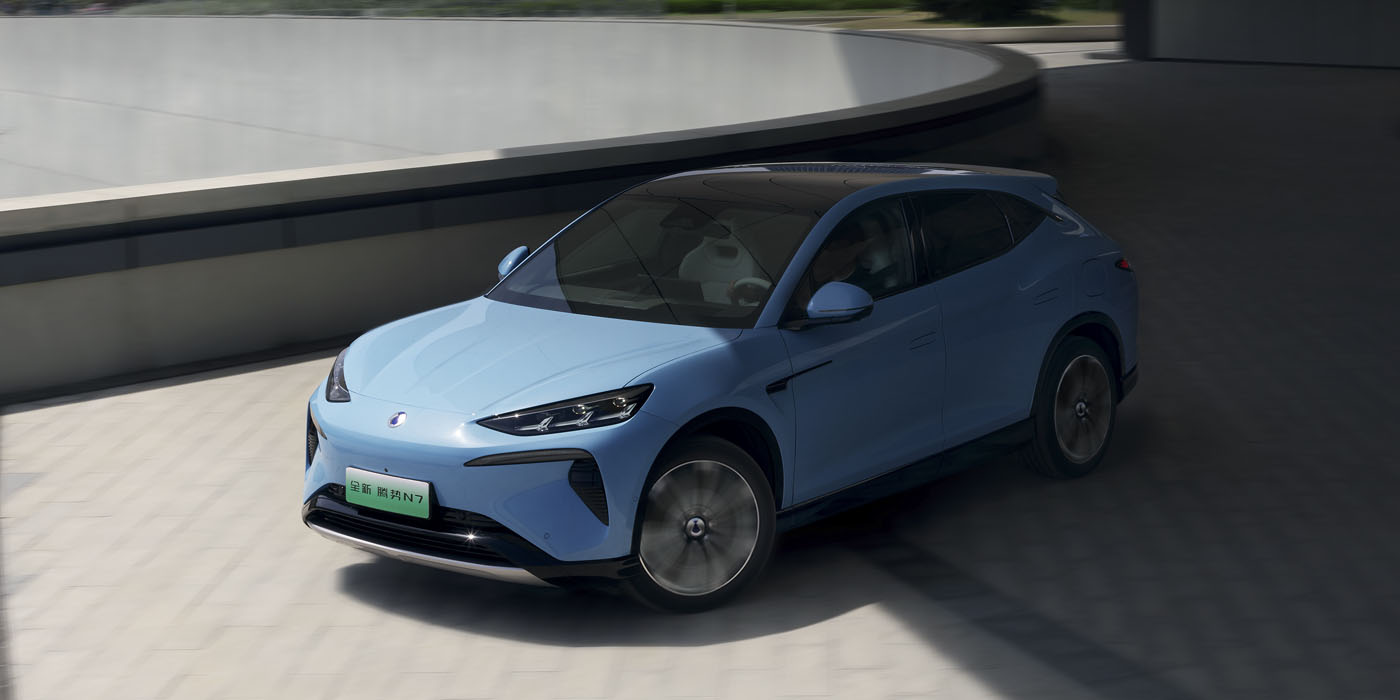
A mere eight months after initially launching its N7 SUV in China, BYD sub-brand Denza has followed up with a refreshed version with better technology and significantly lower starting prices. Initially targeting potential Model Y customers, the N7’s sales have yet to reach Denza’s expectations, leading to today’s new demand levers and some new subsidies for switching to the updated model.
Denza operates as a premium EV sub-brand under the Build Your Dreams (BYD) umbrella. It was founded in 2010 as a joint venture with Daimler AG, now Mercedes-Benz Group. The German automaker has since reduced its stake in the venture to 10%, giving BYD all the freedom to expand to marque and its portfolio.
Since the early 2022 restructuring, Denza has launched three EV models: The D9 MPV, the N8 crossover, and the N7 SUV. Following the release of the latter two models in 2023, Denza set its sights on expanding from its native China to Europe, officially launching the brand overseas during IAA Mobility in Munich last summer.
Shortly before that, Denza launched the N7 SUV mentioned above in China as a competitive answer to the Tesla Model Y – a global best-seller in the EV world. Although slightly larger than the Y, the N7 arrived similarly priced and had a lot of expectations riding on it to lure some of those would-be Tesla customers in China. That, unfortunately, was not the case.
Since sales began in July 2023, the Denza N7 SUV maxed out monthly sales at 1,800 units last September, followed by three months of barely eclipsing the 1,000 unit mark before dropping below 500 sales per month in 2024. To combat these lackluster sales, BYD and Denza are pulling a few clever demand levers to get the hype train up again and once again aim at Tesla.
Denza already refreshes N7 SUV, cuts MSRPs by 20%
To once again entice consumers to choose the N7 over the Tesla Model Y, Denza launched an updated version of SUV during an event in Shenzen, China, on April 1. The refreshed EV is now available in four separate variants, compared to six on the original launch.
CnEVPost points out that the refreshed N7 now features blade batteries from BYD, in two sizes – a 71.8 kWh pack in the entry-level variant and 91.3 kWh in the other three. That translates to CLTC ranges of 550 km (342 miles), 702 km (436 miles), and 630 km (392 mi) for the two top trims, respectively.
In addition to better technology, Denza has slashed all the starting prices of the N7 SUV, shaving as much as 20% off compared to the predecessors that launched in China last summer. Here’s how those prices now compare:
| Denza NH7 | Pro RWD (550 km) | Pro RWD (702 km) | Max AWD | Ultra AWD | N/A | N/A |
| 2023 models | RMB 301,800 ($41,700) | RMB 321,800 ($44,475) | RMB 319,800 ($44,200) | RMB 339,800 ($46,950) | RMB 349,800 ($48,350) | RMB 379,800 ($52,500) |
| 2024 Refresh | RMB 239,800 ($33,150) | RMB 259,800 ($35,900) | RMB 289,800 ($40,000) | RMB 329,800 ($45,575) | N/A | N/A |
| Savings | RMB 62,000 | RMB 62,000 | RMB 30,000 | RMB 10,000 | N/A | N/A |
For comparison, Tesla just upped the price of the Model Y in China this week, available in three variants starting at prices of RMB 263,900 ($35,475), RMB 304,900 ($42,150), and RMB 368,900 ($51,000), respectively.
Aside from the entry-level Pro variant, the Denza N7 SUV supports simultaneous charging on both its plugs up to 230 kW, garnering 350 km of range in 15 minutes.
Chinese consumers who put RMB 2,000 down to reserve the updated N7 before May 5 will get RMB 10,000 ($1,380) off their final payment, which equates to a discount of RMB 8,000. Current owners of the original Denza N7 SUV can qualify for a subsidy of up to RMB 50,000 ($7,000) if they replace their EV with a newer version by May 31.
FTC: We use income earning auto affiliate links. More.
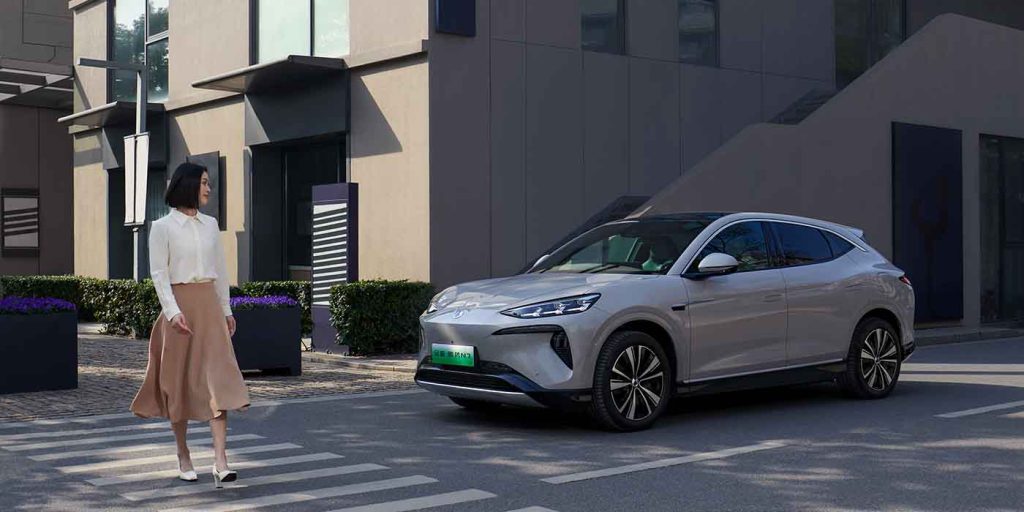
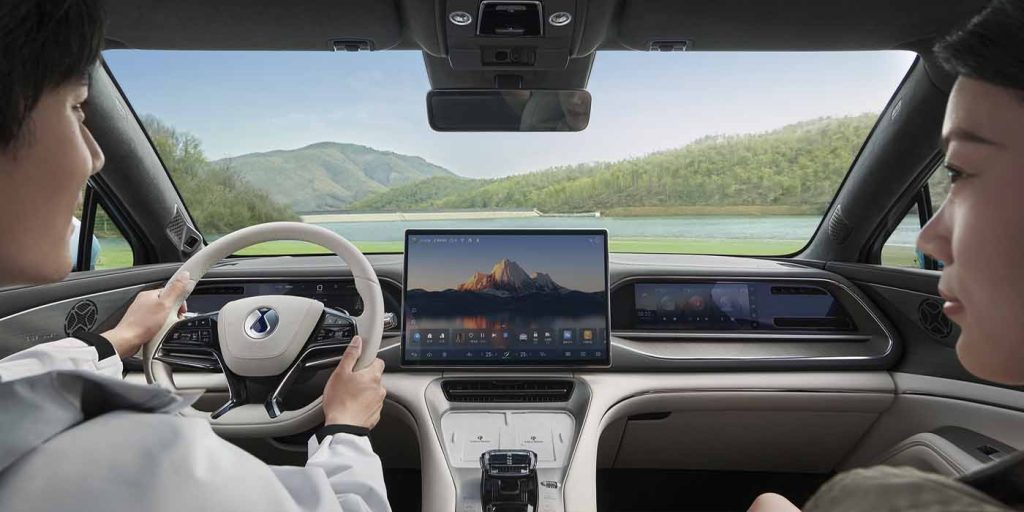
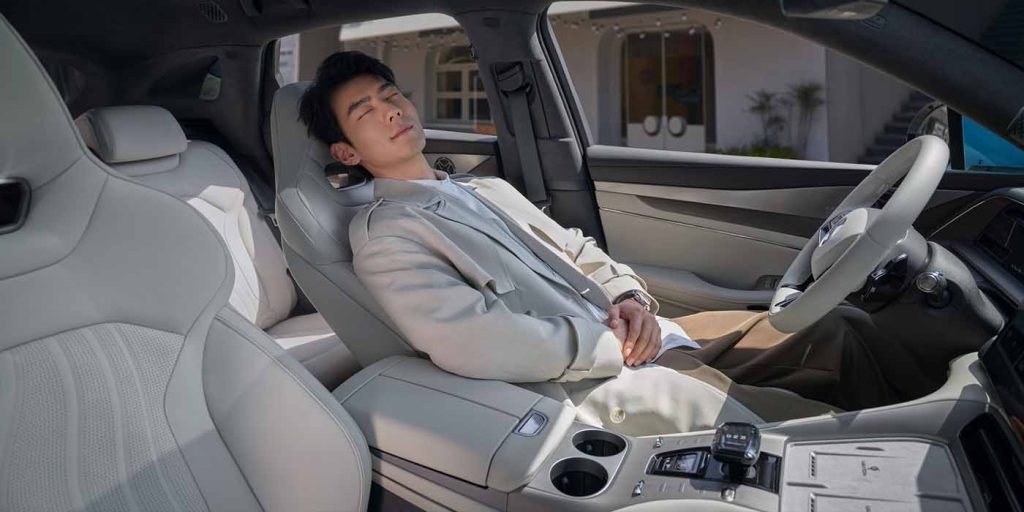
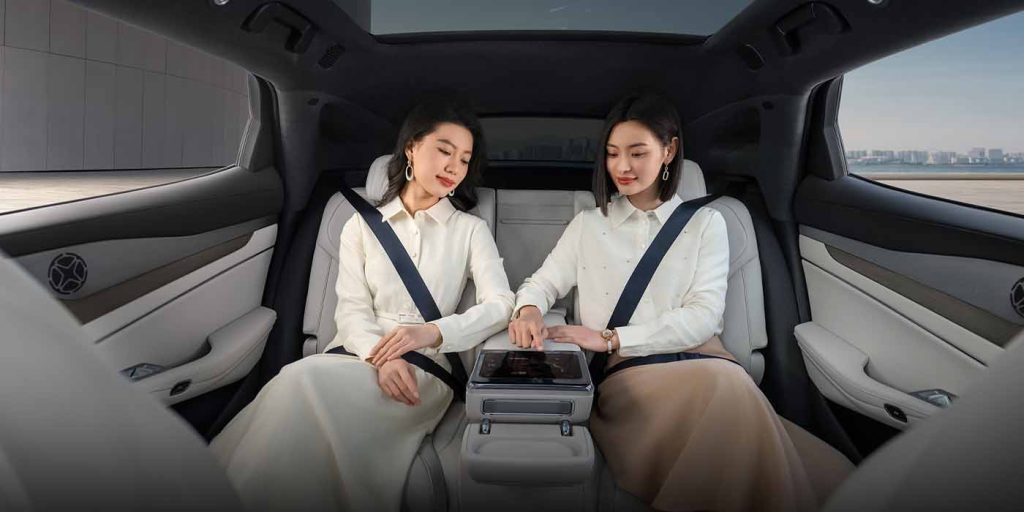


Comments